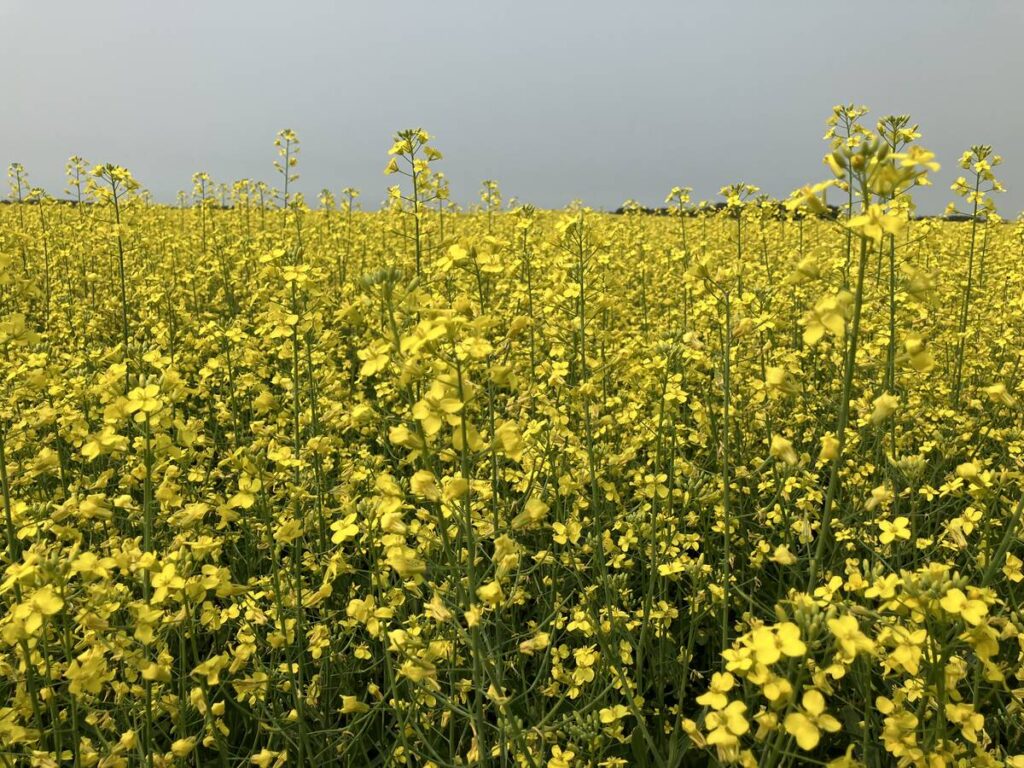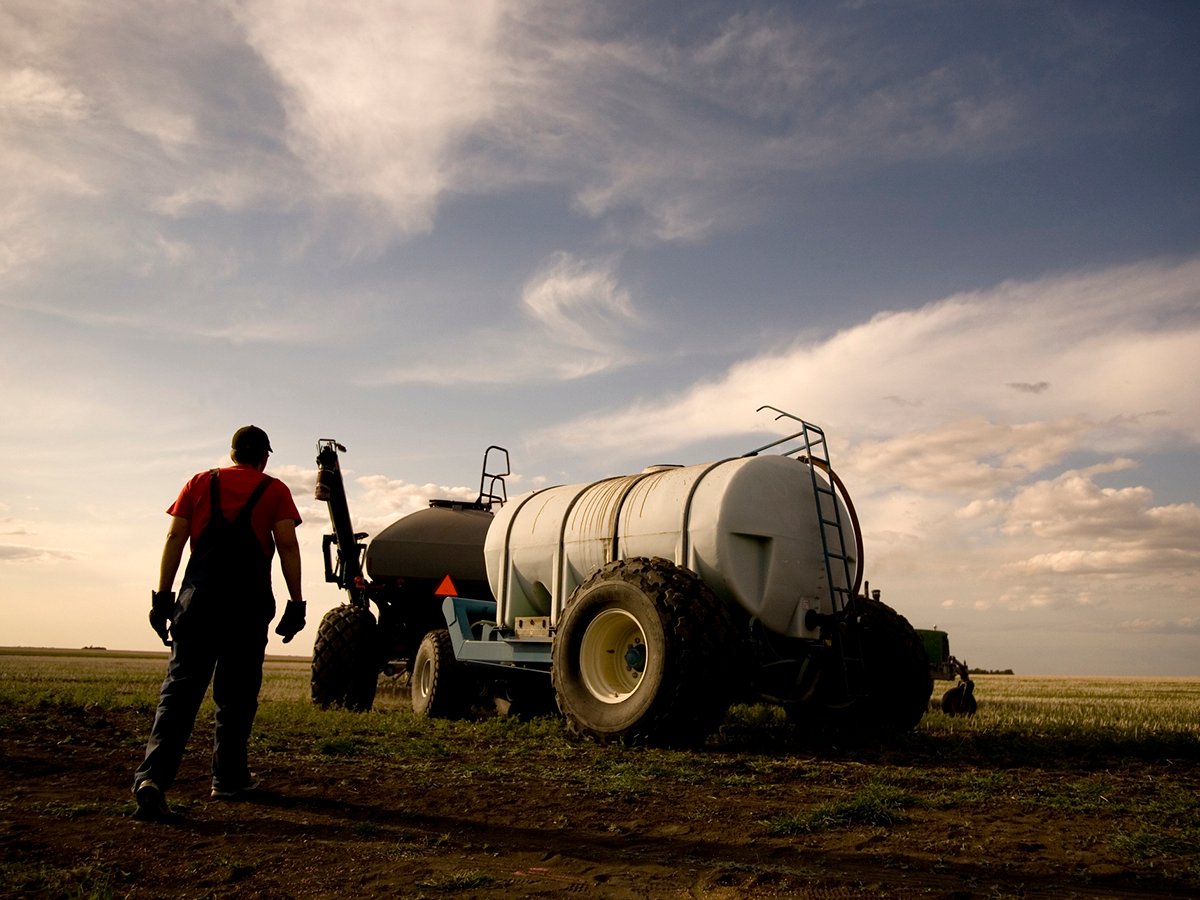U.S. canola acres look to drop

WINNIPEG — Canola acres in North Dakota will likely decline this spring.
In March, a drop in canola futures spooked some growers in the state, who decided to seed something other than canola in 2025.
“An agronomist told me … that canola seed got switched over to something else within a two week period,” said Tim Mickelson, who farms near Rolla, N.D., and is president of the U.S. Canola Association.
Read Also


Canadian farmers’ view of the federal government differs by province — but not by much
Farmers from Alberta, Manitoba, Ontario and Quebec answer the question “do you feel represented by the federal government?”
“In some pockets, (he) guessed 25 per cent or more off (for acres).”
Those decisions from March may have evolved because canola prices have recovered over the last few weeks. In the third week of March, July canola futures were trading around $600 per tonne. Before the Easter weekend, the July contract was valued at $680 per tonne.
The price recovery is encouraging, but it is the middle of April. North Dakota farmers may be reluctant to change their seeding plans again.
American farmers planted about 2.7 million acres of canola in 2024, according to the U.S. Department of Agriculture. Most of those acres were in North Dakota, which had 2.1 million acres last year.
The USDA Prospective Plantings report from March 31 pegged 2025 canola acres at 2.56 million – a seven per cent decline.
However, it’s possible that acres could drop 15 to 20 per cent in the “main canola” regions of North Dakota because of price uncertainty in March, Mickelson said.
The threat of U.S. tariffs on all Canadian goods rattled canola futures in the first week of March. Then, China announced 100 per cent duties on canola oil and meal from Canada, pushing canola futures down to approximately $600 per tonne.
Price is one thing, but another worry is U.S. health secretary Robert F. Kennedy Jr.’s vocal criticism of seed oils, including soybean, sunflower and canola oil.
He claims the oils are associated with a list serious illnesses including body-wide inflammation.
“Seed oils are one of the most unhealthy ingredients that we have in foods, and the reason they’re in the foods is that they’re heavily subsidized,” he said in an October 2024 interview on Fox & Friends.
Mickelson and other members of the U.S. Canola Association travelled to Washington in March to counter Kennedy and his anti-seed oil mantra.
They met with members of Congress to remind them about the importance of the oilseed crushing industry and the health benefits of canola oil.
“One of our main objectives was to counteract misinformation by the administration, by RFK. Jr. It’s very frustrating, from a standpoint of a canola grower, that someone in the administration doesn’t use science-based facts for their decisions,” Mickelson said.
Major agricultural groups in the United States, such as the United Soybean Board and the American Soybean Association, have been pushing back on Kennedy and others who believe seed oils are toxic.
The soybean board published a study in late March summarizing the economic damage to American farmers that would result from a potential ban on seed oils in food.
Mickelson believes a ban is unlikely because senators and members of the House of Representatives from agricultural states would defend the interests of farmers.
Nonetheless, the false information around canola, soybean and sunflower oil is annoying.
“For some reasons, unfortunately, it’s really picking up steam that people want to base their beliefs on misinformation,” he said.
“If you have enough people that go along with the (misinformation) … you possibly can’t educate and get the science out fast enough.”
Contact robert.arnason@producer.com
Source: producer.com


